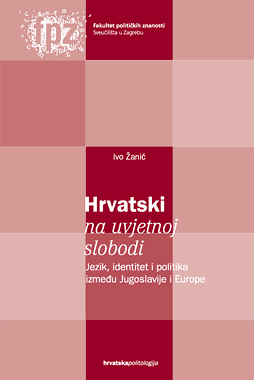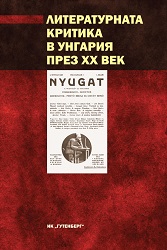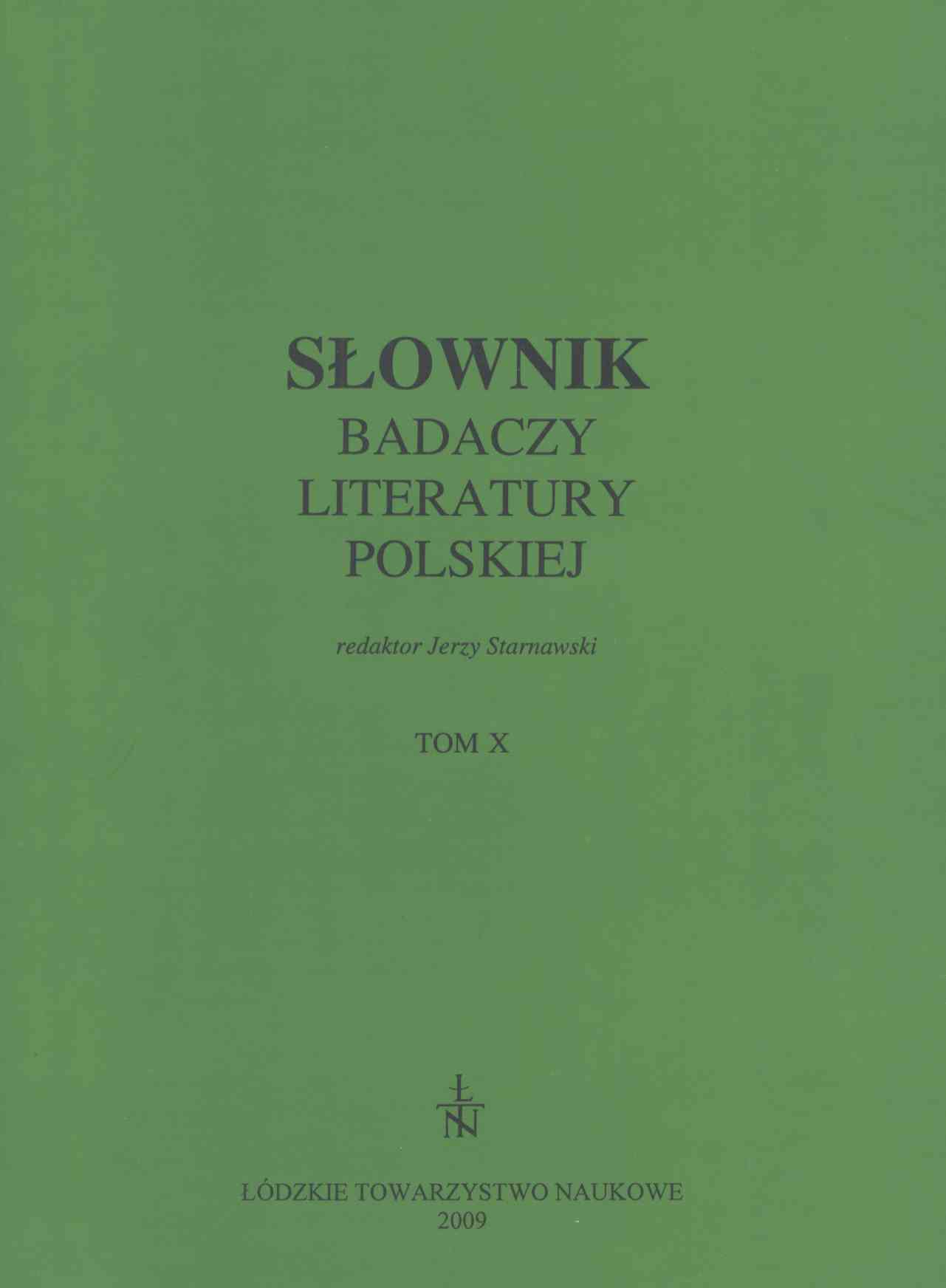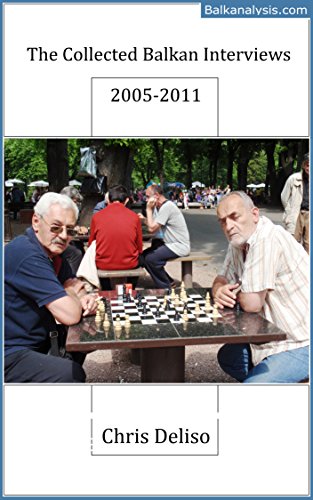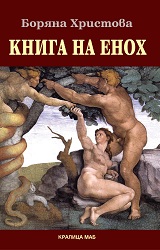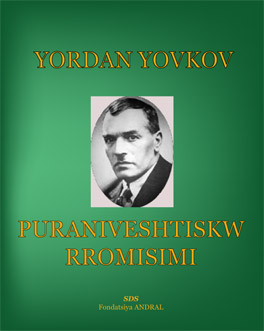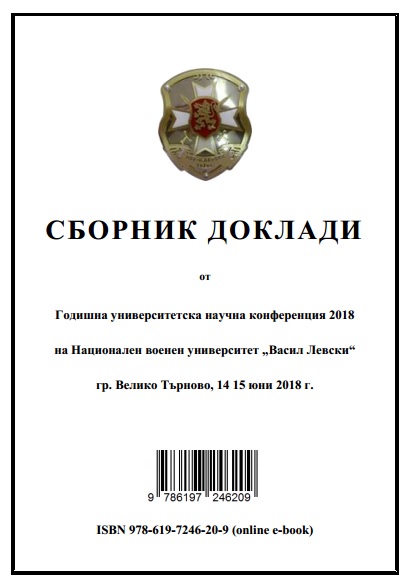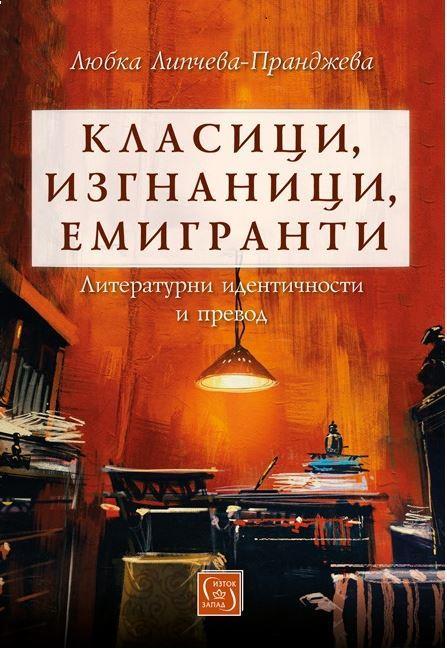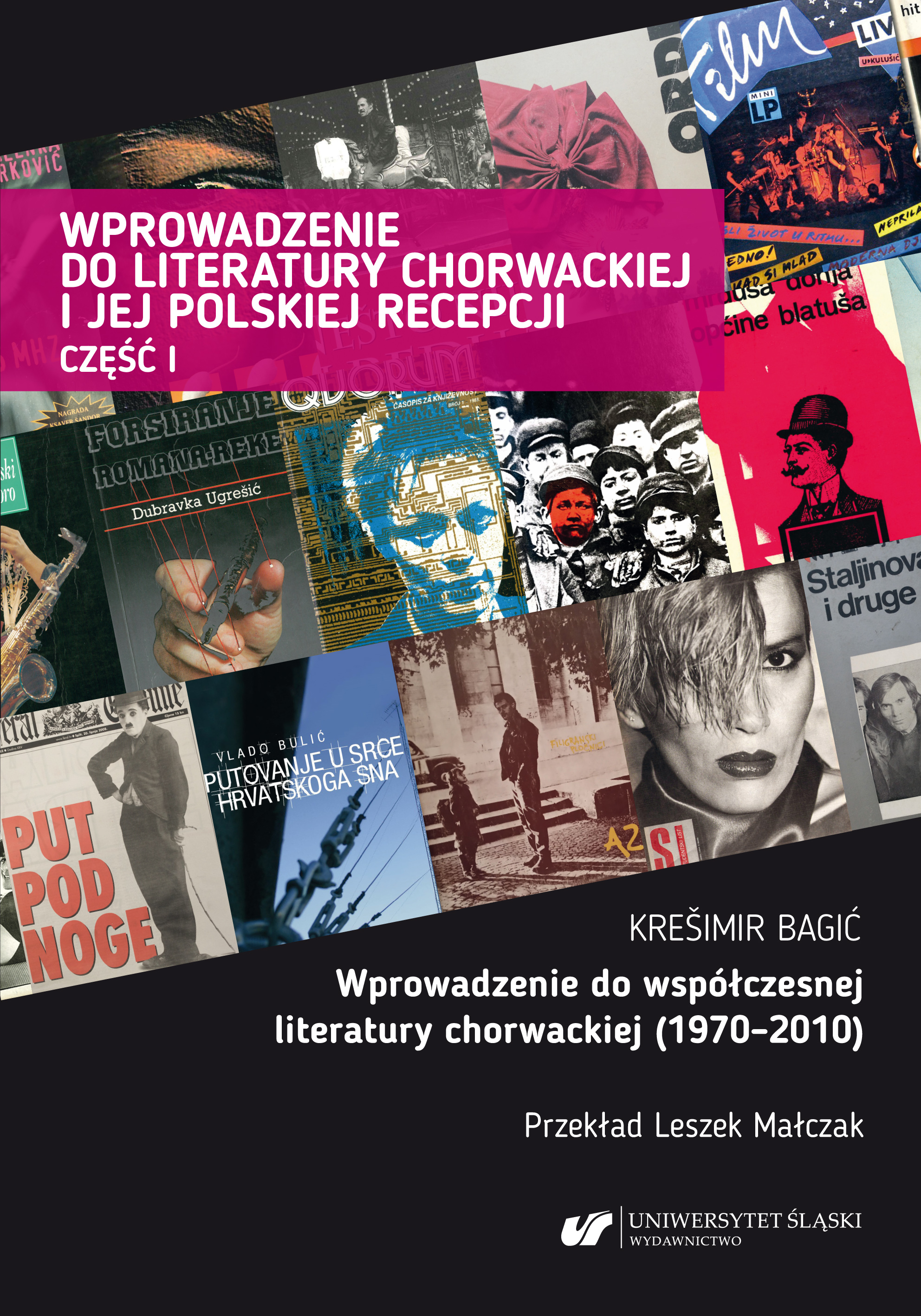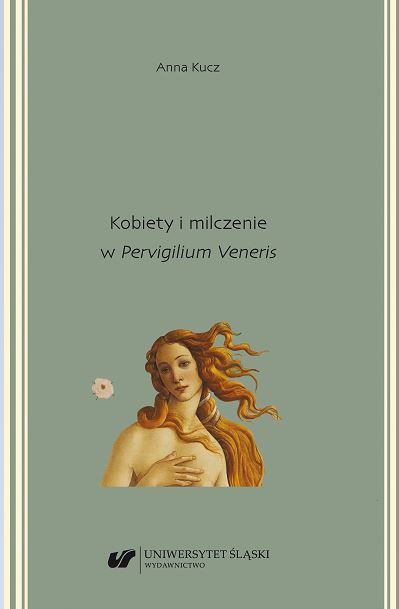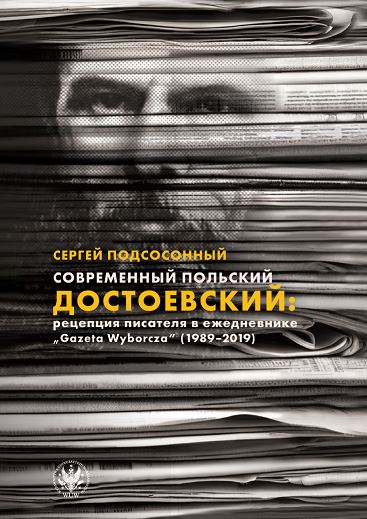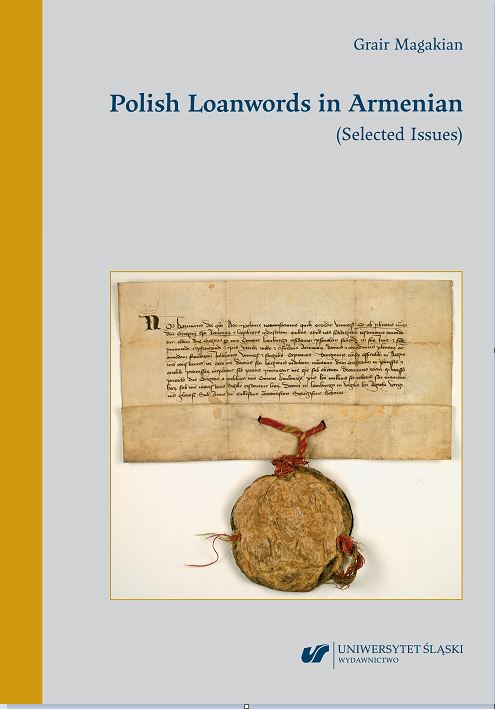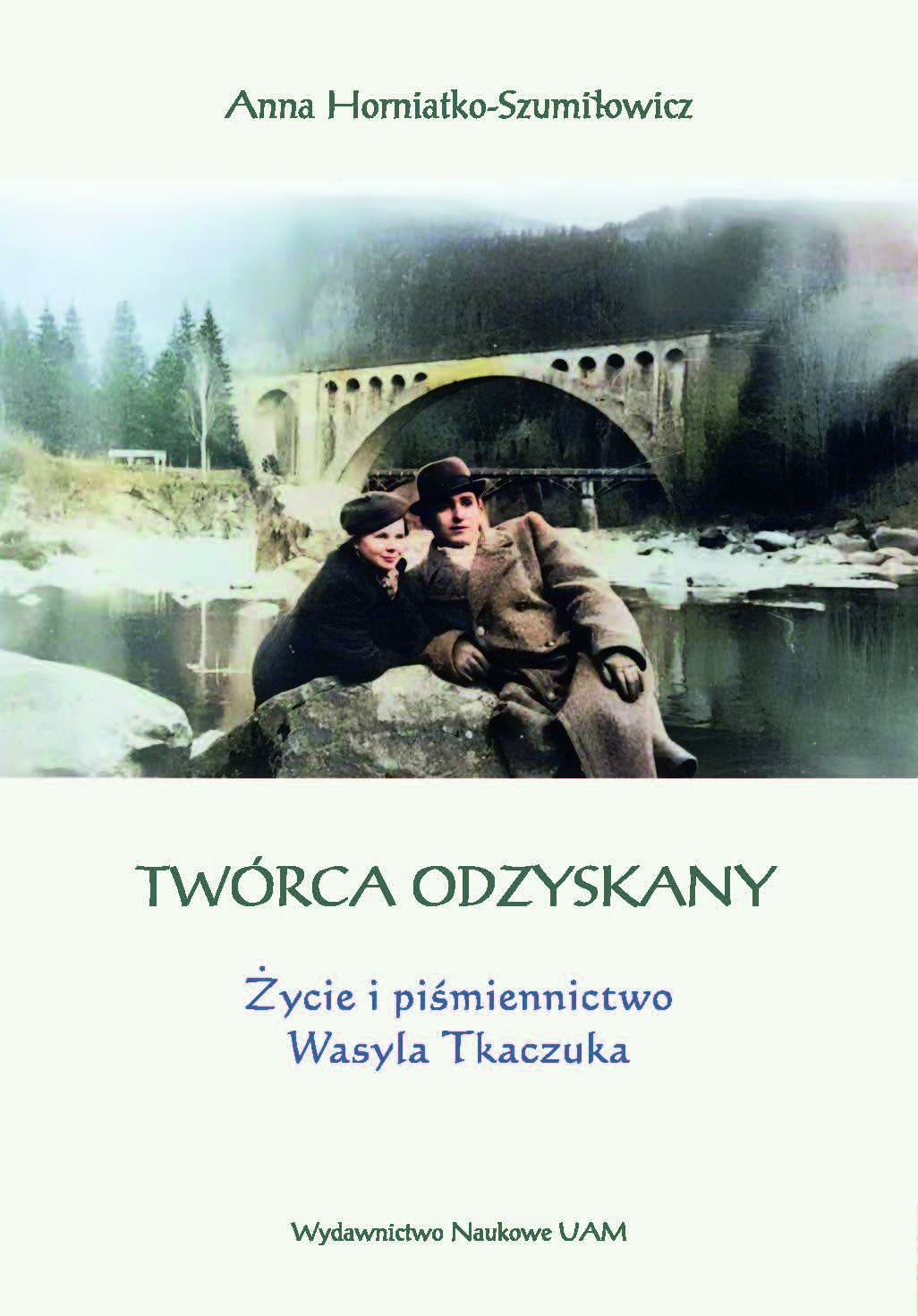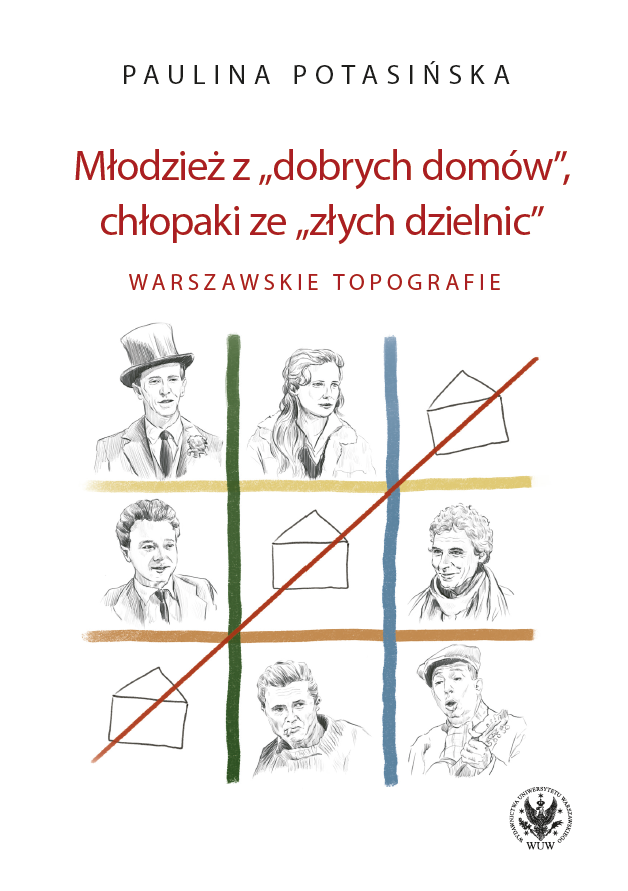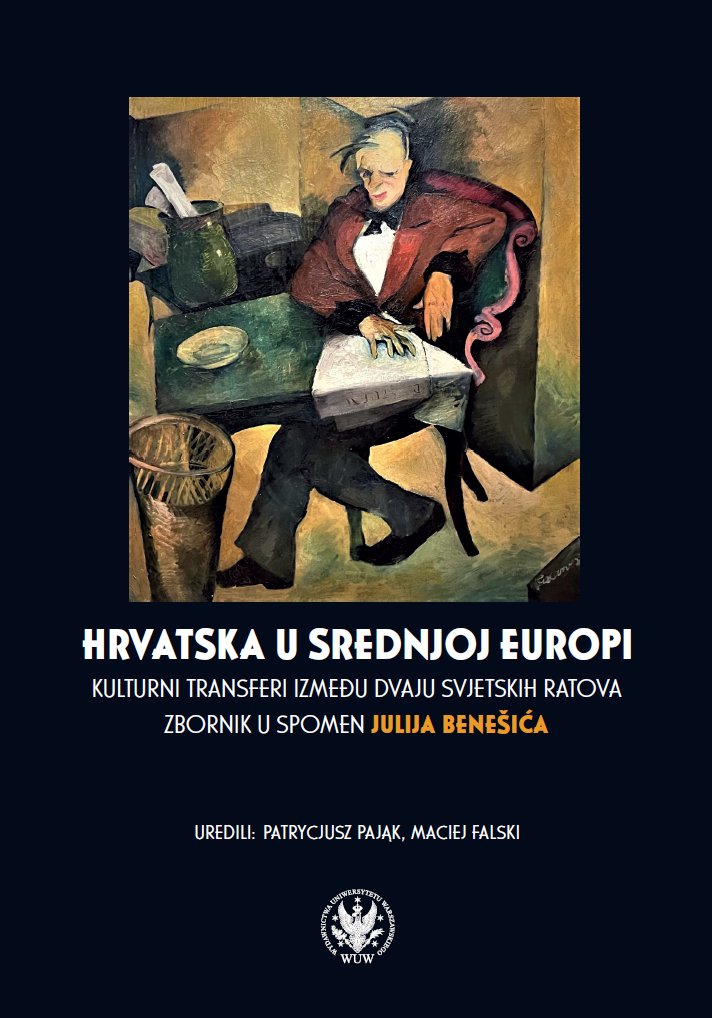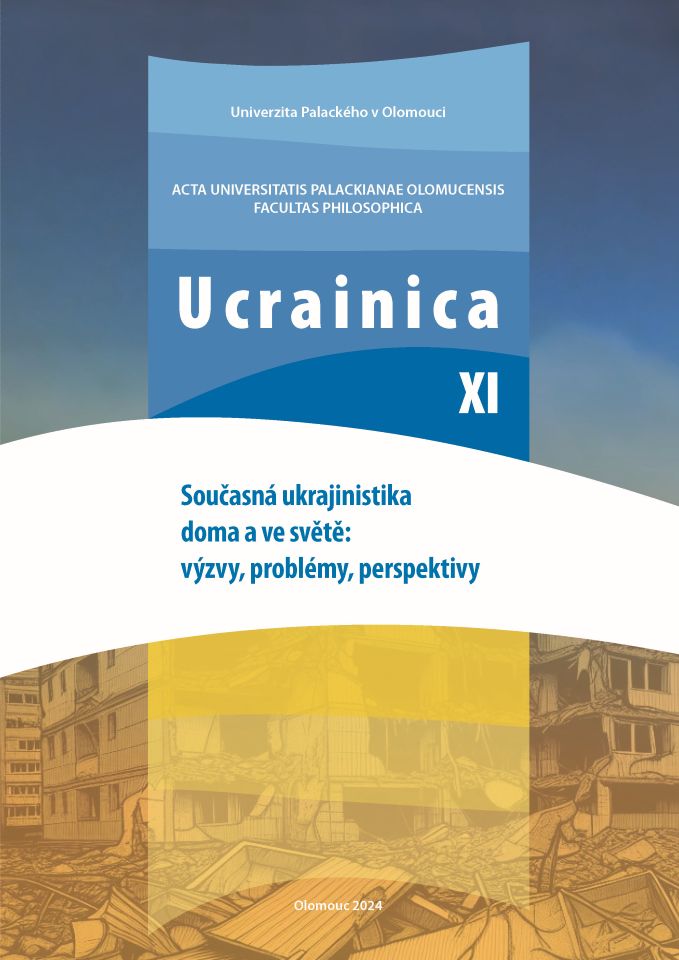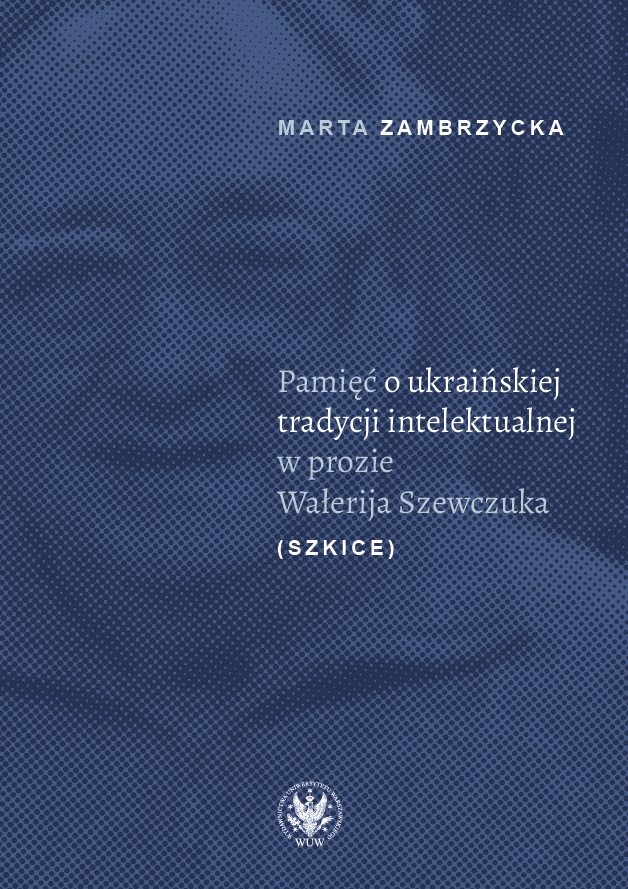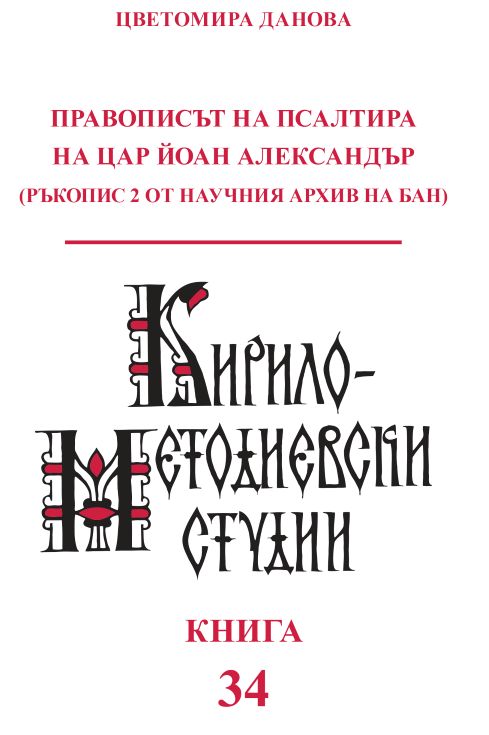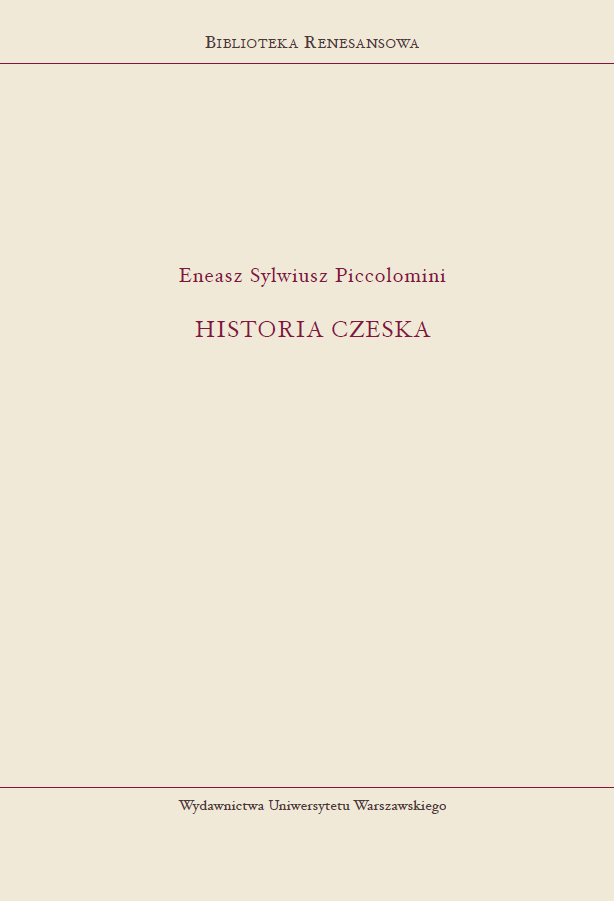Author(s): Tanya Kazandzhieva,Mihail Haralampiev,Petar Getsov,Garo Mardirosyan,Julia Doncheva,Ivo Draganov,Antoni Slavinski,Anna Georgieva,Nina Hristova,Angel Manev,Tanyo Tanev,Dinko Gospodinov,Veselin Tashev,Anatoliy Radev,Penka Kaneva,Elitsa Georgieva,Vyara Granitzka,Vanya Dineva,Liliana Slavianova,Evdokiya Stefanova,Tereza Stefanova,Todor Dachev,Nedka Koleva,Tamara Draganova,Tatyana Kostyukova,Aleksander Yankov,Doncho Ivanov,Raluca Gabriela Burcea,Orlin Dimitrov,Dimitar Parlichev,Galin Petrov,Diana Todorova,Svetla Petrova,Anton Tachev,Valentina Christova-Bagdassarian,Desislava Gyurova,Mihaela Ivanova,Vera Pavlova,Maria Mitreva,Rositsa Georgieva,Rositsa Enikova,Maya Stoyneva-Gertner,Blagoy Uzunov,Petya B. Dimitrova,Daniela Stankova,Ginka Paunova,Lydia Mechkueva,Zvezdimira Tsvetanova,Milen Zamfirov,Emiliya Savova,Elitsa Petrova,Teodora Todorova,Antoan Stratiev,Boyko Bahnev,Erol Buyukliev,Plamen Atanasov,Valentin Vasilev,Sonya Aleksova,Verislav Badev,Ivan Dimitrov,Evgeni Gurdev,Hristo Gendzhov,Stoil Angelov,Jivko Apostolov,Stoyan Valchev,Petia Dikova,Yavor Boichev,Stanislav Asenov,Tihomir Solakov,Hristo Hristov,Mariya Neykova,Georgi Atanasov Georgiev,Albert Karolewski,Małgorzata Rejman-Karolewska,Stamen Chupetlovski,Stanislav Morfov,Plamen Minchev,Kolio Spasov,Borislav Zlatev,Stanimir Stoyanov,Plamen Georgiev,Iskren Ivanov,Atanas Boyadzhiev,Vanya Uzunova,Ivailo Iliev,Nedka Nikolova,Yavor Raychev,Olga Mancheva-Ali,Bagryana Ilieva,Valentina Staneva,Hristo Stanev,Doroteya Valentinova,Sevdalina Dimitrova,Ekaterina Arabska,Sabin Sabev,Bogomila Borisova,Milena Vladimirova,Krassimira Kostadinova,Petya Petkova,Vladimir Gonchev,Tichomir Lichev,Gosho Petkov,Maiyana Mitevska-Encheva,Petia Radeva,Valeria-Tereza Doncheva,Georgi Dimitrov,Ivo Velikov,Zlatin Kiryakov,Venelin Terziev,Marin Georgiev,Polina Milusheva,Dimitar Rusev,Plamen Tzvetkov,Tereza Stefanova,Nina Bakanova,Tatiana Atanasova,Ivan Blagoev,Petya Gencheva,Dimitar Kirkov,Krasa Kostova,Rosen Pasarelski,Anushka Stancheva,Vasil Kadrev,Svilen Stoyanov,Angel Alexandrov,Georgi Petrov,Nayden Yordanov,Aleksandar Sabev,Petar Tomov,Iliyan Zankinski,Maria Barova,Dimo Kostov,Hristo Duldurski,Doroteya Koleva,Stanislava Pavlova,Dian Velev,Shtiliyana Stoyanova,Plamena Tsvetanova,Dancho Talev,Veselin Tashev,Angel Manev / Language(s): English,Bulgarian,French,Russian
Proceedings of the Annual University Scientific Conference 2018 of the National Military University "Vasil Levski" - Veliko Tarnovo, 14 - 15 June 2018
More...
